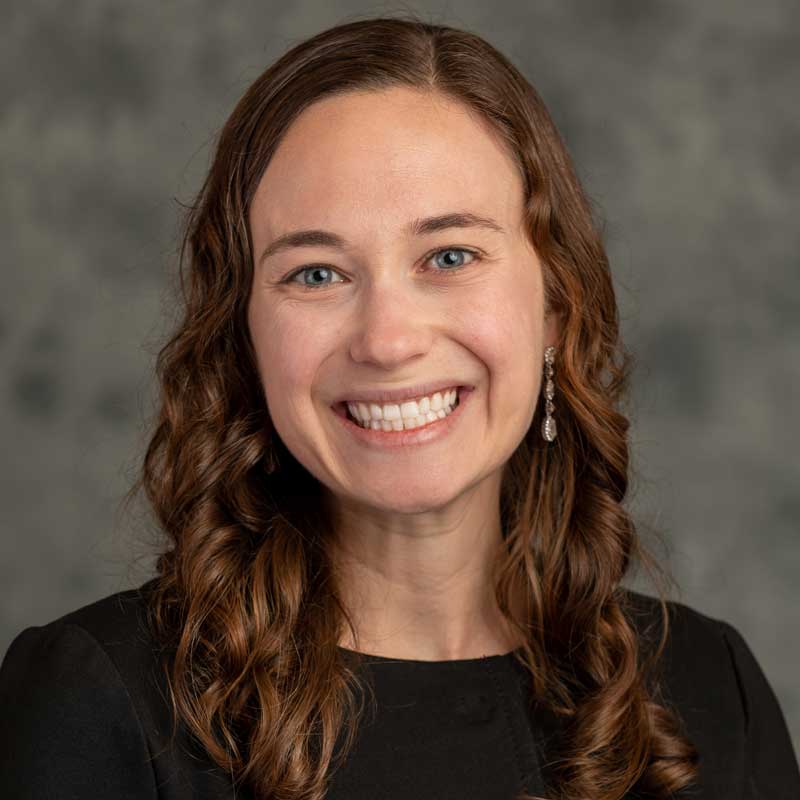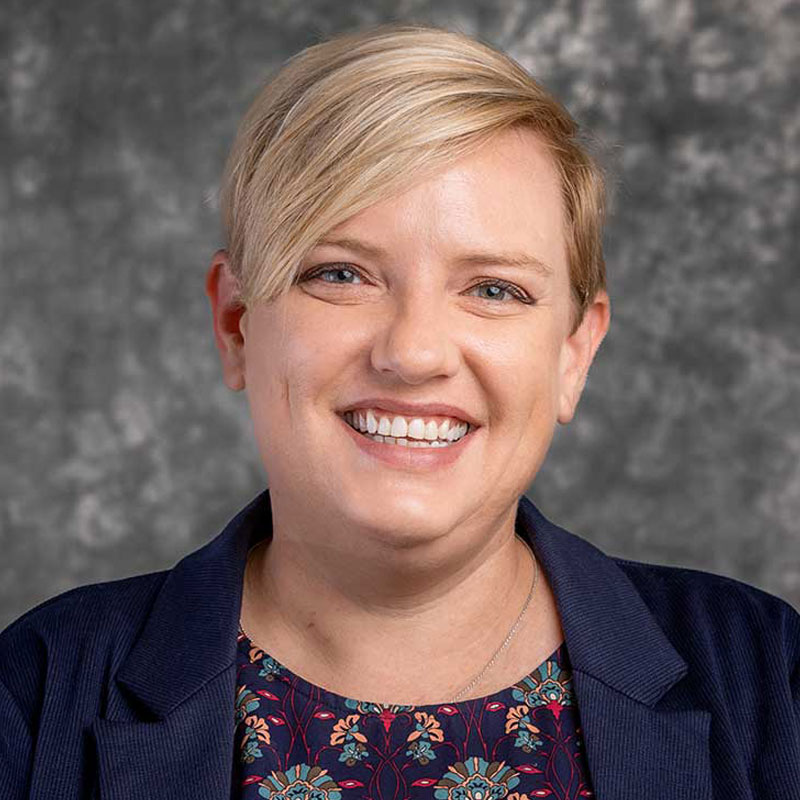CAREER: Math during Third Grade Transition
Research Team
Principal Investigator: Jenna Finch
Co-Principal Investigators: Amanda Prokasky, Susan Sheridan
Funding Information
Funding Agency: National Science Foundation (NSF)
Award Date: Aug 1, 2025
End Date: Jul 31, 2030
Abstract
Nationally, only 31% of fourth-grade students are proficient in reading, and just 39% achieve proficiency in math. Simultaneously, decreases in school attitudes and school engagement emerge in upper elementary school and persist through students’ schooling.
Third grade represents a critical transition point in children’s education, as the reading curriculum shifts from “learning to read” to “reading to learn,” requiring students to apply their foundational literacy skills to acquire knowledge across different academic subjects. Math instruction also becomes more complex, introducing new and more challenging concepts such as multiplication, division and fractions. Additionally, third grade marks the onset of high-stakes standardized testing, and educators report heightened behavioral expectations for students at this stage.
Navigating the increased academic and behavioral demands of third grade requires a strong foundation of self-regulation skills. The self-regulatory classroom environments can support the development of self-regulation skills through effective classroom management and organization, emotionally supportive interactions, modeling of self-regulation behaviors and direct scaffolding of children’s self-regulation skills.
This project aims to identify how the self-regulatory classroom environment shifts during the transition from second to third grade and examine how the self-regulatory classroom environment is associated with children’s academic skill growth from second to third grade. The goal is to develop a summer bridge intervention to support students in this transition.
Data will be collected in 36 second-grade classrooms, using 24 semi-structured interviews with second- and third-grade teachers to assess changes in the self-regulatory classroom environment from second grade to third grade. All teachers involved in the study will complete survey assessments of the self-regulatory classroom environment.
Researchers will observe classrooms to assess how teachers support, manage, scaffold and teach self-regulation skills during academic instruction. These data will be combined with administrative data on students’ literacy and math outcomes and sociodemographic variables to examine associations among different aspects of the self-regulatory classroom environment and children’s academic skill growth.
Analyses will explore whether associations between the self-regulatory classroom environment and children’s academic skill growth differs by children’s initial academic skills in the fall of second grade.
 Jenna Finch, assistant professor of psychology, is exploring the factors that shape students’ transitions from second to third grade.
Jenna Finch, assistant professor of psychology, is exploring the factors that shape students’ transitions from second to third grade.
Media
External Media CoverageFinch using CAREER award to help students with leap to third grade
UNL study examines why third grade can be a turning point for student success


